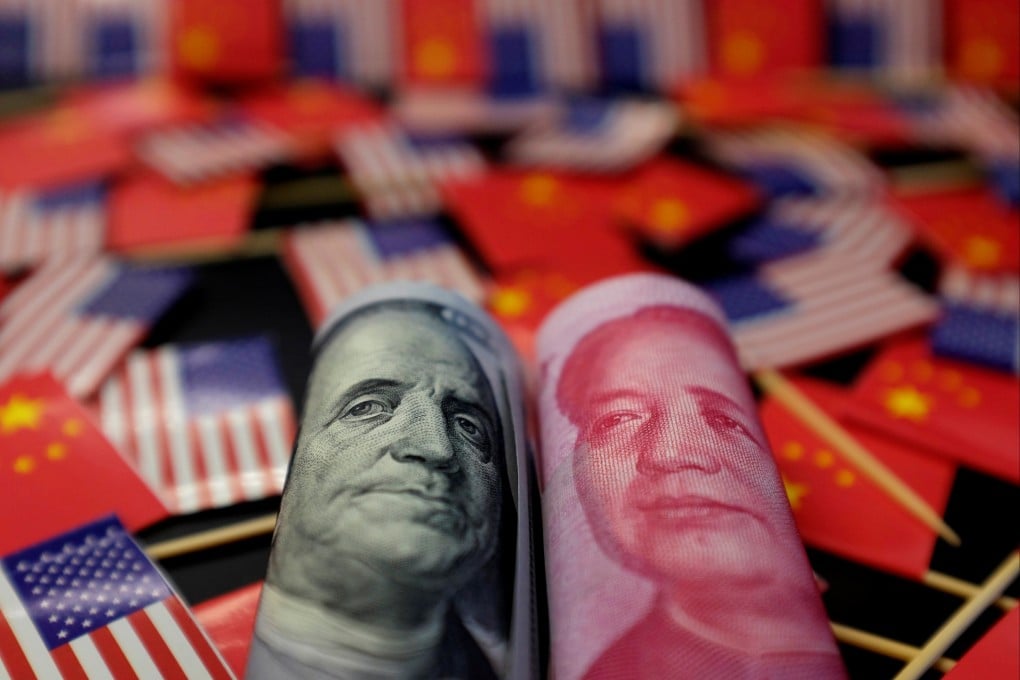Advertisement
Abacus | China is decoupling from the world, not the other way around
- The increasing nationalism of Chinese consumers, as much as supply chain issues and Covid-related disruptions, is the reason international firms are moving overseas
- China will lose some foreign talent, but domestic demand will shift towards perfectly good locally made products. The real winner, though, is Vietnam
Reading Time:5 minutes
Why you can trust SCMP
93

Eighteen months ago, international manufacturers were considering the impact Covid-19 would have on their concentrated manufacturing processes and supply chain integrity. In particular, companies that depended heavily on manufacturing in China, the early epicentre of the pandemic, started to move out.
The continued rumbling of the US-China trade war had already caused Chinese consumers to start rethinking their purchase choices. The benefit of hewing to requirements to have local partners and mandatory transfers of technologies was increasingly questioned in Western C-suites. It had been worth it to gain access to China’s huge and growing consumer market, but with the cost of manufacturing on the mainland rising, some companies began to re-evaluate their long-term strategies.
In addition, when Covid-19 shut borders across the globe, companies’ reliance on a single source of components for manufactured goods was suddenly thrown into the spotlight. The cost-savings from operating with a single point of failure would have to be weighed against the cost of limited availability and higher prices for components.
Numerous companies announced that they would re-jig their supply chains to distribute risk and governments were there to encourage relocation – notably Japan, which earmarked US$2.2 billion in funds to help its largest companies. And so started the move.
Advertisement
More than one year into the pandemic now, the best way to illustrate what has been happening may be to give some examples.
Electronics
Chinese consumers have started to take sides in the trade war with the United States, favouring smartphones from Huawei, Xiaomi and Oppo. Apple’s iPhones remain popular, but if the Cupertino behemoth does something to upset Chinese consumers, I’m guessing they would start to shy away from Apple products too.
Advertisement
Advertisement
Select Voice
Select Speed
1.00x
